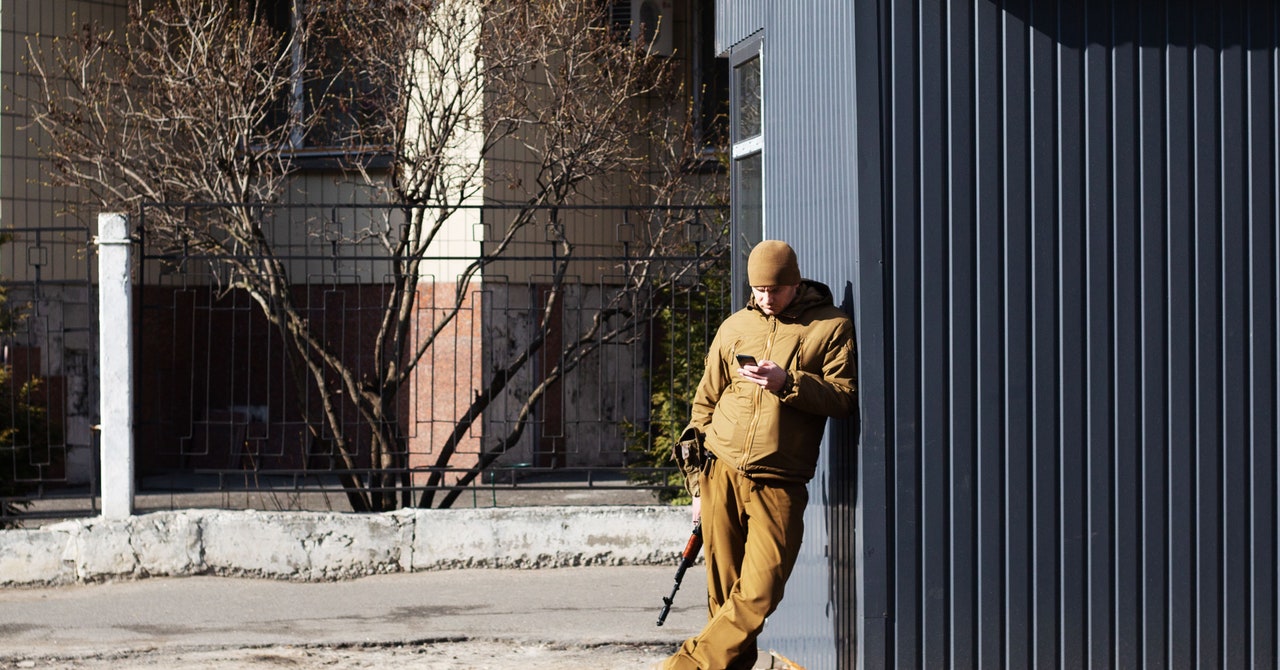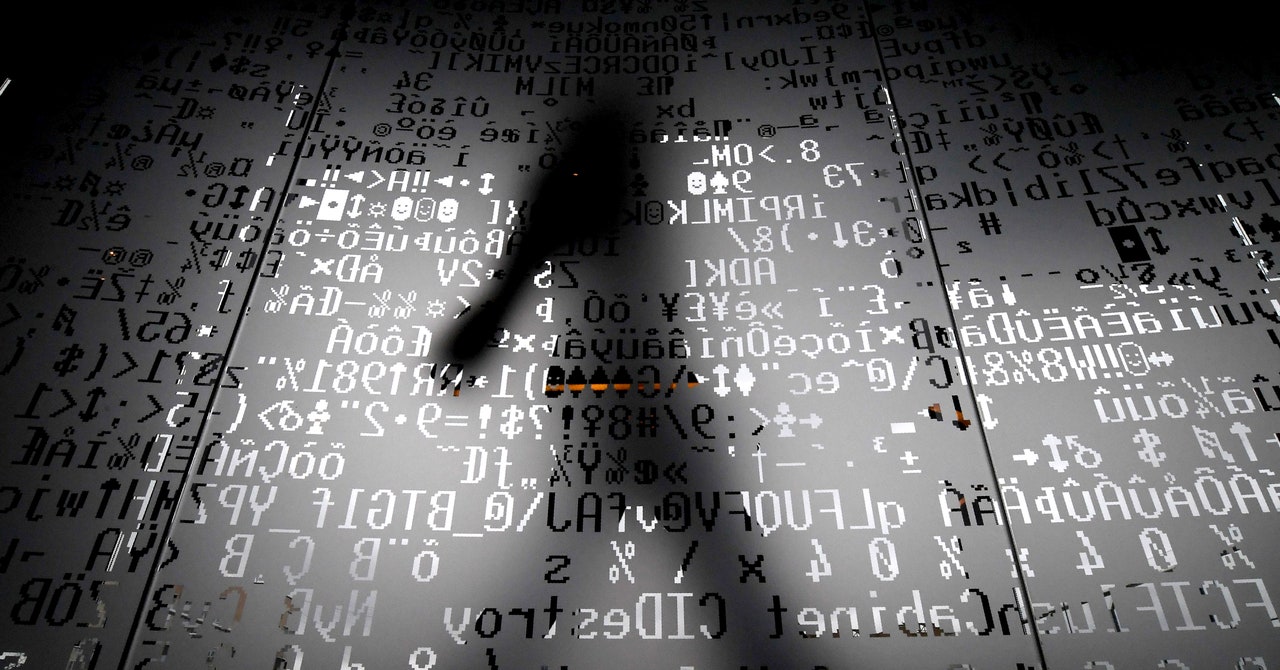Vladimir Putin’s attack of Ukraine was met with fierce resistance in the country’s cities. As Russian forces approached Kiev, lawyers, students and actors did taken in arms to defend their country from invasion. They’re not the only ones: volunteers have also flocked to join Ukraine’s volunteer “IT army” fighting back online.
Around 21:00 local time on February 26, Deputy Prime Minister and Minister of Digital Transformation of Ukraine Mykhailo Fedorov announced the creation of a volunteer cyber army. “We have many talented Ukrainians in the digital sphere: developers, cyber specialists, designers, copywriters, marketers,” he said in a post on his official Telegram channel. “We continue to fight on the cyber front.”
Ukraine has seen other cyber defense efforts and volunteer-staged attacks leading up to and at the start of the military effort. Separately, hacktivists, including the hacking group Anonymous, said they carried out DDoS attacks against Russian targets and took data from Belarusian weapons manufacturer Tetraedr. But the development of the IT Army, a government-run volunteer unit designed to operate in the middle of a rapidly evolving war zone, is unprecedented.
The tasks of the IT army are assigned to volunteers through a separate Telegram channel, Fedorov said in his announcement. So far, more than 175,000 people have subscribed – tapping Join in the public channel is all it takes – and loads of tasks have been distributed. The channel’s administrators, for example, asked subscribers to launch distributed denial-of-service attacks against more than 25 Russian websites. These include Russian infrastructure enterprises such as energy giant Gazprom, the country’s banks and official government websites. Websites belonging to Russia’s defense ministry, the Kremlin and communications regulator Roskomnadzor were also named as potential targets. Russian news sites followed.
Since then, the IT Army channel has expanded its reach. On February 27, it asked for volunteers to target websites registered in Belarus, one of Russia’s key allies. The channel also told subscribers to report YouTube channels allegedly “blatantly lying about the war in Ukraine.”
One former Ukrainian official with knowledge of the organization of the IT Army says it was created as a way for Ukraine to retaliate against Russian cyberattacks. Russia has significant hacking capabilities: Wiper attacks hit a Ukrainian bank in the build-up to the invasion, and government websites were knocked offline. “Our country has had no forces or intentions to attack anyone. That’s why we called,” says the former Ukrainian official. “We already know they’re pretty good at cyber attacks. But now we will find out how good they are at cyber defense,” says the former official.
“For a country facing an existential threat like Ukraine, it’s really not surprising that this kind of call would go out and that some citizens would respond,” says J. Michael Daniel, head of the Cyber Threat Alliance industry group and former White House Cyber Coordinator for President Obama. “Part of this is a signaling exercise. This is a signal of a level of commitment throughout Ukraine to resist what the Russians are doing.
The impact of the IT army is hard to gauge so far. Although thousands of members have joined the Telegram channel, there is no indication of who they are or their involvement in any response. The channel shared screenshots of some Russian websites it said were down, but it’s unclear how successful those efforts were or where they originated.




